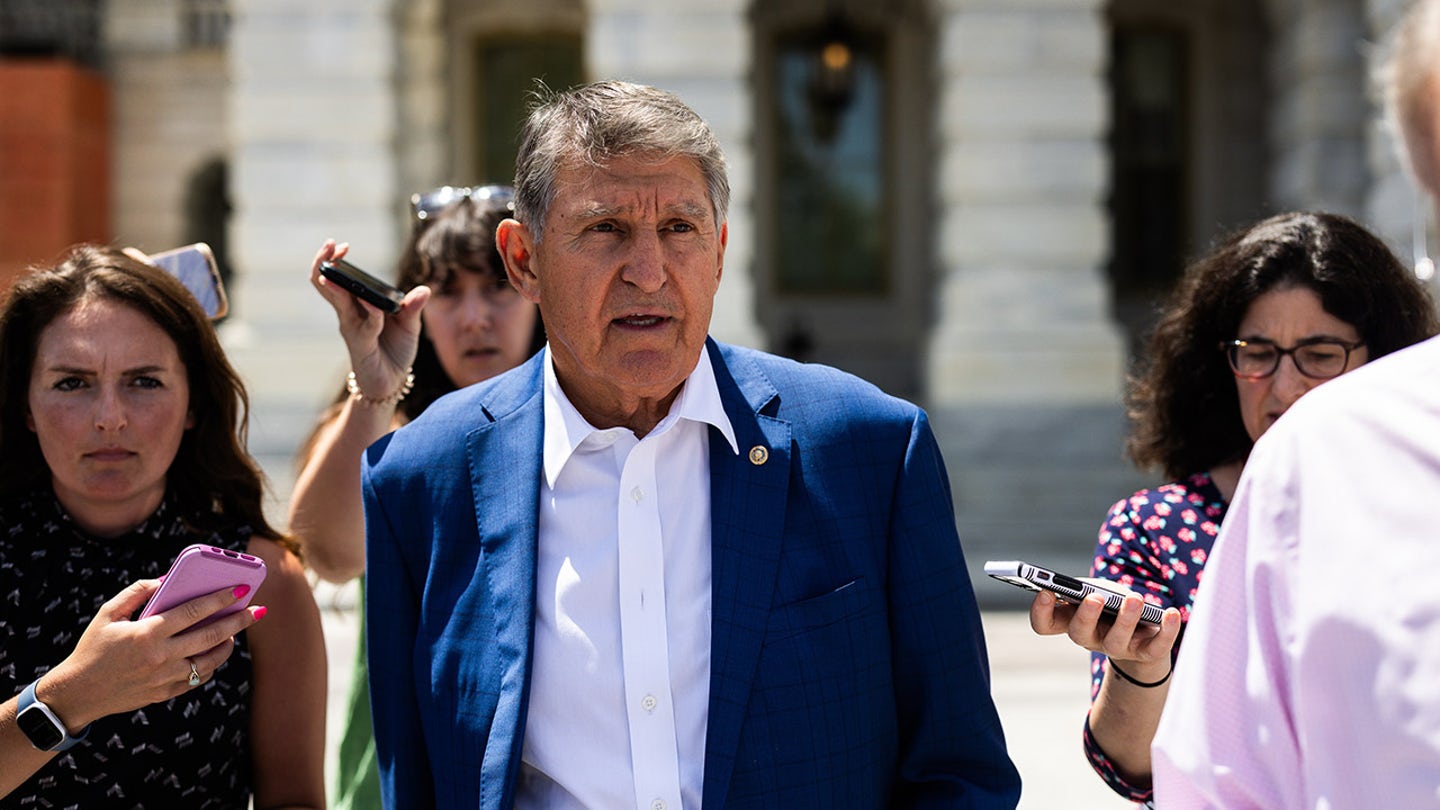Former CIA station chief and Fox News contributor Dan Hoffman predicts continued internal repression, support for Hamas, and alignment with Russia, China, and North Korea.

Following the sudden death of Iranian President Ebrahim Raisi in a helicopter crash, foreign policy expert Dan Hoffman envisions a continuation of Iran's unwavering support for its allies and opposition to its adversaries. According to Hoffman, Iran will continue to align itself with the "axis of tyranny" – comprising Russia, China, and North Korea – while maintaining its support for Hamas and its resistance against Israel and the United States.
Despite Raisi's passing, Hoffman anticipates that Iran's domestic policies will remain largely unchanged, with continued repression of dissent and ongoing persecution of women. He attributes this expectation to the fact that Supreme Leader Ayatollah Ali Khamenei, not the president, holds ultimate authority in setting policy. While Raisi was considered a probable successor to Khamenei, he did not possess the same level of influence.

Iran's relationship with its regional adversaries is also expected to remain tense. Raisi's tenure was marked by escalating tensions with Israel, including an alleged Israeli attack on an Iranian embassy compound in Damascus that prompted retaliatory strikes from Iran. Hoffman anticipates a continuation of these hostilities under a new president, who is likely to abide by the supreme leader's wishes.
Domestically, Iran has witnessed significant unrest in recent months following the controversial death of 22-year-old Mahsa Amini in police custody. Raisi's government responded with a crackdown on dissent, which Hoffman believes will persist.

Hoffman further observes that the Iranian people are increasingly disillusioned with the current regime and seek greater freedom. He cites the country's economic woes, including the plummeting value of the currency, as a major source of discontent. Furthermore, Iranians are weary of their government's expenditure on overseas terrorist operations.
Hoffman's analysis highlights the complex and multifaceted challenges facing Iran in the aftermath of Raisi's death. As the nation grapples with internal unrest, regional tensions, and international scrutiny, it remains to be seen how the new leadership will navigate these perilous waters.

The death of President Raisi has sparked speculation about his potential successor. While no clear frontrunner has emerged, Vice President Mohammad Mokhber has been appointed as interim president. The choice of the next president will undoubtedly shape the direction of Iran's foreign and domestic policies in the years to come.
Iran's role in the Middle East conflict remains a contentious issue. The country's support for Hamas and other terror proxies has drawn condemnation from Israel and its allies. The death of Raisi may provide an opportunity for a reassessment of Iran's regional strategy, but it is too early to say whether this will occur.

The international community will be closely monitoring developments in Iran following Raisi's death. The United States and its allies are eager to prevent Iran from acquiring nuclear weapons, while also seeking to promote political stability in the region. The European Union is also engaged in diplomatic efforts with Iran, focusing on nuclear safeguards and human rights issues.
As Iran enters a period of transition, the world will be watching closely to see how the country navigates the challenges and opportunities that lie ahead. The death of President Raisi has cast a shadow of uncertainty over the future, but it also presents a potential opportunity for change.










